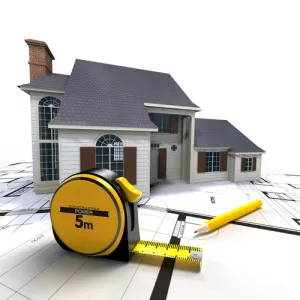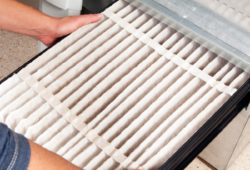Before Spending Money on a New HVAC System, Have Load Calculations Done
Selecting a new HVAC system requires sizing it, which makes load calculations an integral part of the process. Without a load calculation, it’s impossible to match the system’s capacity to the needs of your home or business. You could end up with a system that doesn’t have enough capacity, or even worse, one that has too much. The actual size of the equipment, however, is not in itself a selection criteria and can, in fact, be misleading.
The load calculation applies the following data about your home and family to size the system you need:
- Insulation levels throughout the home
- Cubic footage to condition
- Number of windows, along with their exposure and energy efficiency
- Number and severity of air leaks in the home’s envelope
- Floor plan characteristics
- Size and age of household members
- Preferred indoor temperatures
- Heat you produce indoors through activities and equipment
One of the benefits of conducting load calculations early is to discover where you can improve your home’s energy efficiency before installing the new equipment. Adding insulation and sealing air leaks are both affordable projects that will reduce the size of the system you need. Smaller systems cost less initially and use less energy to operate.
When HVAC equipment is oversized, it runs in short cycles that drive up energy costs and reduce your comfort, particularly during the summer. A system that’s too large doesn’t run long enough to lower humidity levels, making you feel warmer. Short cycling also increases your energy bills because HVAC equipment uses the most energy when it first starts up.
The issues related to undersized equipment include long running cycles that can wear the parts out sooner and the inability to keep your home comfortable during weather extremes. However, it’s better to undersize a system than to install one that’s too large. The reverse is true of ductwork. If it’s too big, the system won’t push the air through the ductwork as quickly, leading to slower conditioning rates and possibly longer running times.
For more information about load calculations or other home comfort concerns in Raleigh, North Carolina, contact Air Experts.
Image Provided by Shutterstock.com





